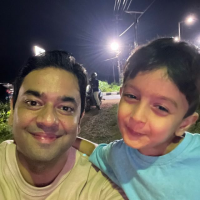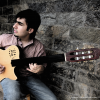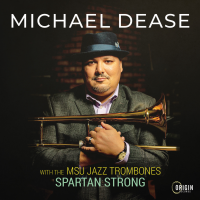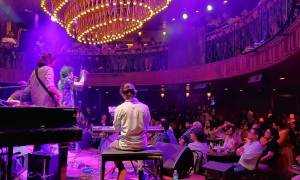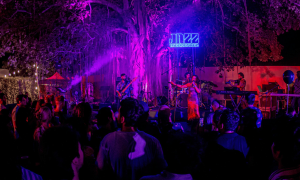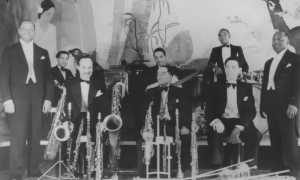Home » Jazz Articles » Jazz In South Asia » The Evolving Sound of Learning: Western Music Education in India
The Evolving Sound of Learning: Western Music Education in India
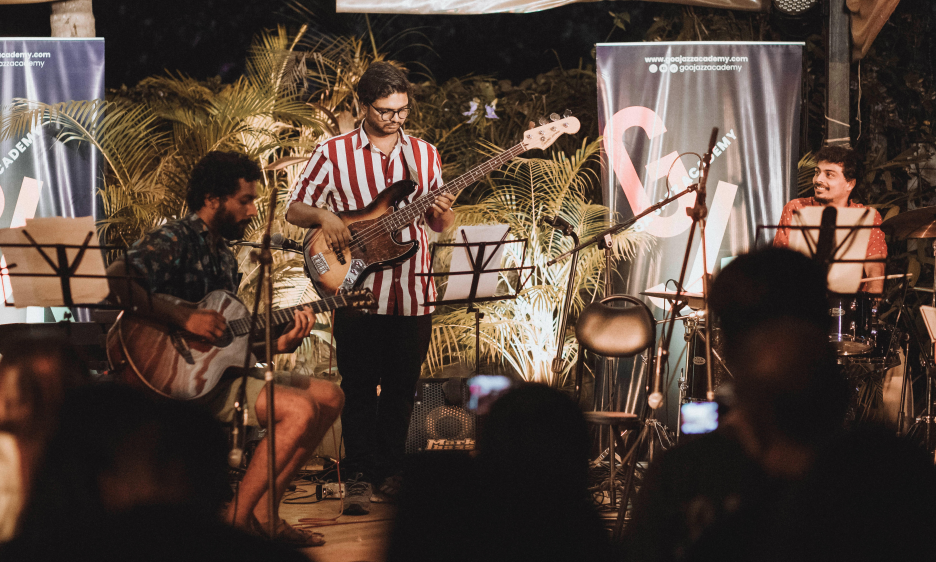
For generations, Indian music was handed down through the immersive guru-shishya tradition: students living with, or close to, their teachers, learning by ear, imitation and hours spent in the intensity of live, informal apprenticeship. Broadly, in post-independence India, this personalized relationship gave way to imported pedagogical frameworks dominated by the UK-based Trinity and ABRSM boards, whose graded programs emphasize technical mastery and polished recitals. While these pathways remain respected, they place less emphasis on improvisation, original composition and peer musical exchange.
However, the landscape is shifting. Today's musicians are increasingly shaped by the creative freedom of the digital age, drawn to hip hop, DIY production, and the ability to make and share music on their own terms. The online explosion led by artists like Jacob Collier, whose Instagram and YouTube explorations blur the boundaries between jazz, classical and everything in between, has made experimentation and collaboration irresistible for many young Indian players. As a result, music education in the eyes of India's upcoming musicians is much more about finding a personal voice in a rapidly expanding universe of online and physical platforms.
Below, we highlight institutions across India that are creating access points locally and nationally for musicians to engage with global sounds and shape their own musical identities.
GMI: Building International Pathways
Global Music Institute (GMI), on the outskirts of Delhi, is one of this new generation's anchor points. Founded by Berklee alumni Tarun Balani and Aditya Balani and directed by Megha Balani (Aditya's partner), GMI combines contemporary Western training with Indian tradition. Its rare affiliation with the Berklee International Network allows students the option to transfer credits to Boston, giving Indian musicians access to global standards from home. But GMI's heart lies in its teaching philosophy: prioritizing performance, composition and real-world professional skills. Director, Megha Balani's strategic stewardship has ensured that the curriculum keeps pace with both global trends and local needs. Masterclasses, jam sessions and faculty with international experience provide carefully balanced rigor and creative encouragement, all within a sprawling residential campus in Noida just outside the national capital New Delhi. This experience ensures that students graduate as skilled musicians and adaptable, connected professionals.SAM: A Campus for Immersive Music-Making
Farther south in Tamil Nadu, Swarnabhoomi Academy of Music (SAM), founded by acclaimed Indian fusion guitarist, Prasanna, retains the honor of being one of the first professional music colleges in South Asia. Its residential campus, located in the scenic corridor between Chennai and Pondicherry, hosts an immersive space where students live, study, jam, rehearse and collaborate. Rotating faculty from around the world bring diverse perspectives, and the curriculum spans genres: jazz, rock, world music and more—drawing on both the Indian gurukul ethos and a contemporary, globally-minded outlook. Over the years, SAM has quietly built a growing network of alumni who contribute to India's independent, studio and touring scenes.KM and TSM: Broader Industry Focus
In Chennai, KM Music Conservatory, founded by A.R. Rahman, one of India's most recognized film composers, offers a unique blend of Western classical, Indian classical and music technology. Affiliated with Middlesex University, it provides internationally recognized degrees and diplomas in performance, composition and audio engineering. What sets KM apart is its commitment to orchestral and cinematic music. Guest educators from India and abroad bring industry insight while Rahman's direct involvement ensures a steady bridge to professional opportunities in film, audio production and the concert stage.The True School of Music
In Mumbai, The True School of Music (TSM) offers hands-on training for students entering India's commercial music scene. Its programs span performance, production, DJing and sound engineering—emphasizing real-world application: recording sessions, live gigs and commercial work. Now part of the sprawling campus of Vijaybhoomi University in the central part of the western state of Maharashtra, TSM offers accredited undergraduate degrees including India's only Bachelor of Technology in Sound Engineering.Goa Jazz Academy: A Grassroots Approach to Jazz
In the culturally rich state of Goa, Goa Jazz Academy (GJA) offers a distinctive approach to music education, rooted in jazz yet open to broader contemporary styles. Founded in 2019 by me, Karan Khosla, and my partner Divya Gupta, the academy builds on Goa's three-generation jazz legacy (see the first article in this series on jazz in India) while addressing a clear gap in professional music training in India. Our rigorous curriculum blends performance, improvisation, composition and recording with practical skills such as arranging, video editing, session workflows and basic finance. The flagship one-year programme provides structured training alongside the freedom to explore different genres, tools, and career directions, while two-month electives encourage focused experimentation.Half of our 200-strong student body are young aspiring musicians, the other half working professionals—many discovering music seriously for the first time. This adult-learning arm is inspired by the US community college model, a rarity in India but increasingly relevant as the country's middle class grows and seeks high-quality, flexible education in the arts. Recognized as UNESCO's official partner for International Jazz Day in India over the past few years, GJA continues to evolve as both a school and a community—a place where academic rigor meets creativity, versatility and a genuine love for making music.
Honorable Mentions
Regional institutions across India continue to play a vital role in making music education more accessible and community-driven: The Blue Notes school (Delhi, national capital) has been active since 2008, offering ensemble-based training and preparation for Trinity and Rock School exams. Blue Notes serves as a supportive entry point into structured contemporary music learning for many young musicians living in the National Capital.Collab Studio (Chandigarh, Punjab—northern India) blends classical and contemporary music education with a collaborative, project-focused approach. Acting as both a teaching and creative space, it has become a central hub for young musicians in the region.
Equally important are the many private instructors working independently or from home studios who continue to mentor, inspire and guide students at a one-on-one level. These musician-educators often provide the first spark of musical curiosity and help nurture young players long before they enter formal programs or institutions.
A Connected, Evolving Landscape
Academic institutions like GMI, SAM, KM, TSM and GJA mentioned above each offer distinct paths to musicians looking to learn music, whether toward the stage, the studio or lifelong musicianship. Together, they reflect a meaningful shift: one where students are encouraged to perform, explore, collaborate and define their own place in music's evolving future.The contemporary Western music space, in terms of performance, education and audience, is still very young in India, but this ecosystem comprising platforms for artists and supply of artists is only going to grow.
Tags
Jazz In South Asia
Karan Khosla
Tarun Balani
Aditya Balani
Prasanna
Global Music Institute Dehli
Swarnabhoomi Academy of Music
KM Music Conservatory Chennai
The True School of Music Mumbai
Goa Jazz Academy
The Blue Notes Dehli
Druv Ghanekar
PREVIOUS / NEXT
Support All About Jazz
 All About Jazz has been a pillar of jazz since 1995, championing it as an art form and, more importantly, supporting the musicians who make it. Our enduring commitment has made "AAJ" one of the most culturally important websites of its kind, read by hundreds of thousands of fans, musicians and industry figures every month.
All About Jazz has been a pillar of jazz since 1995, championing it as an art form and, more importantly, supporting the musicians who make it. Our enduring commitment has made "AAJ" one of the most culturally important websites of its kind, read by hundreds of thousands of fans, musicians and industry figures every month.

